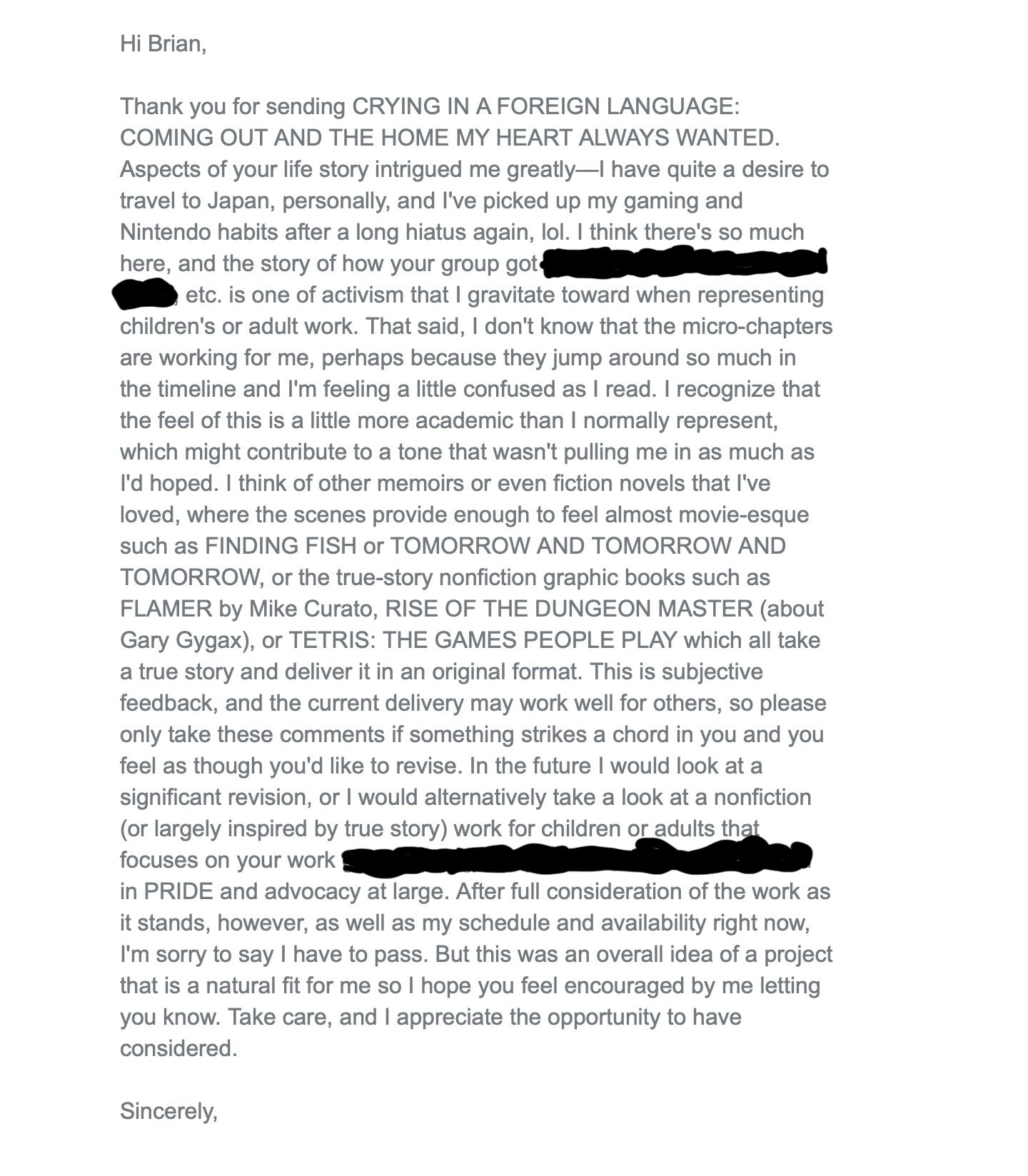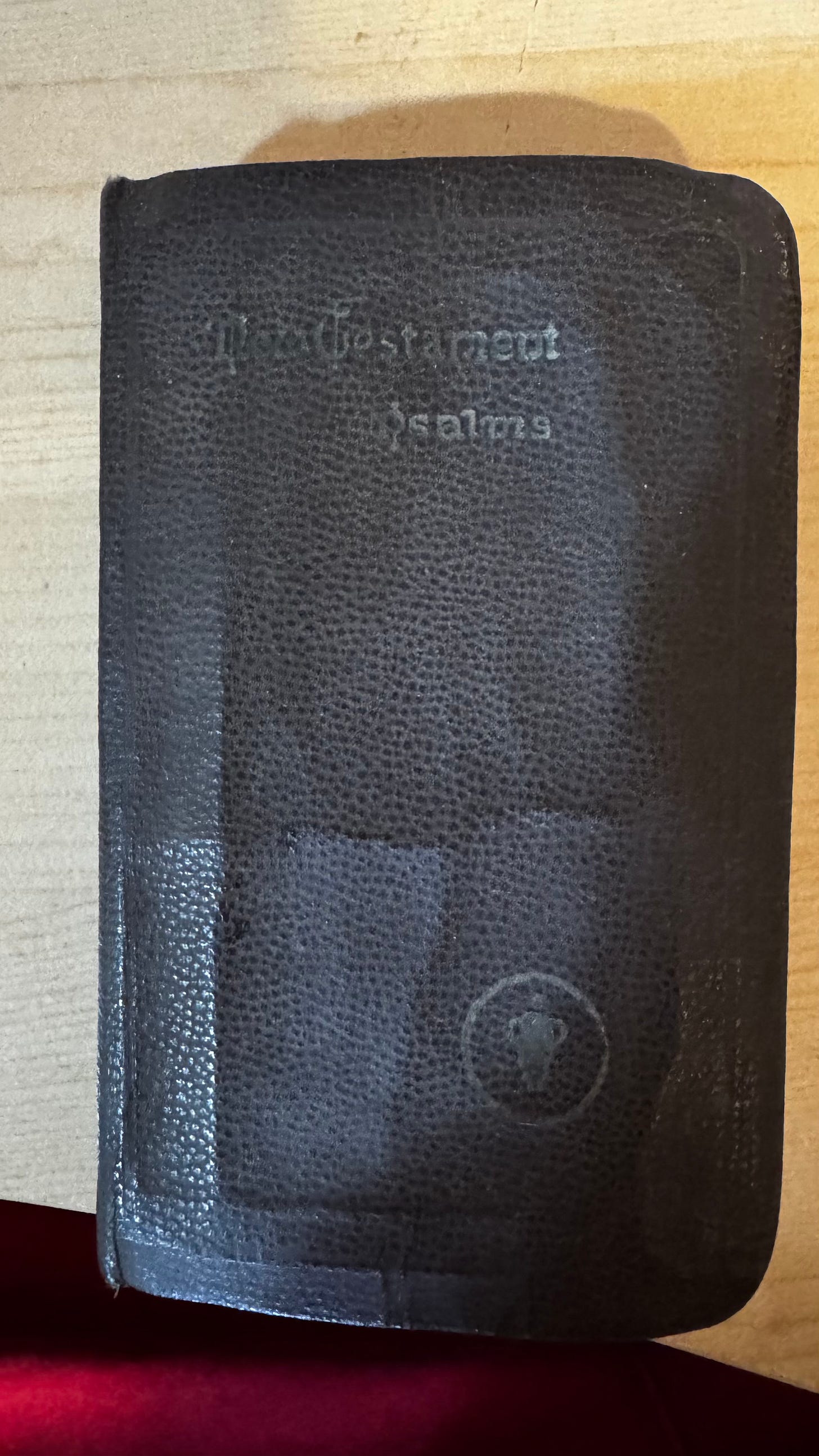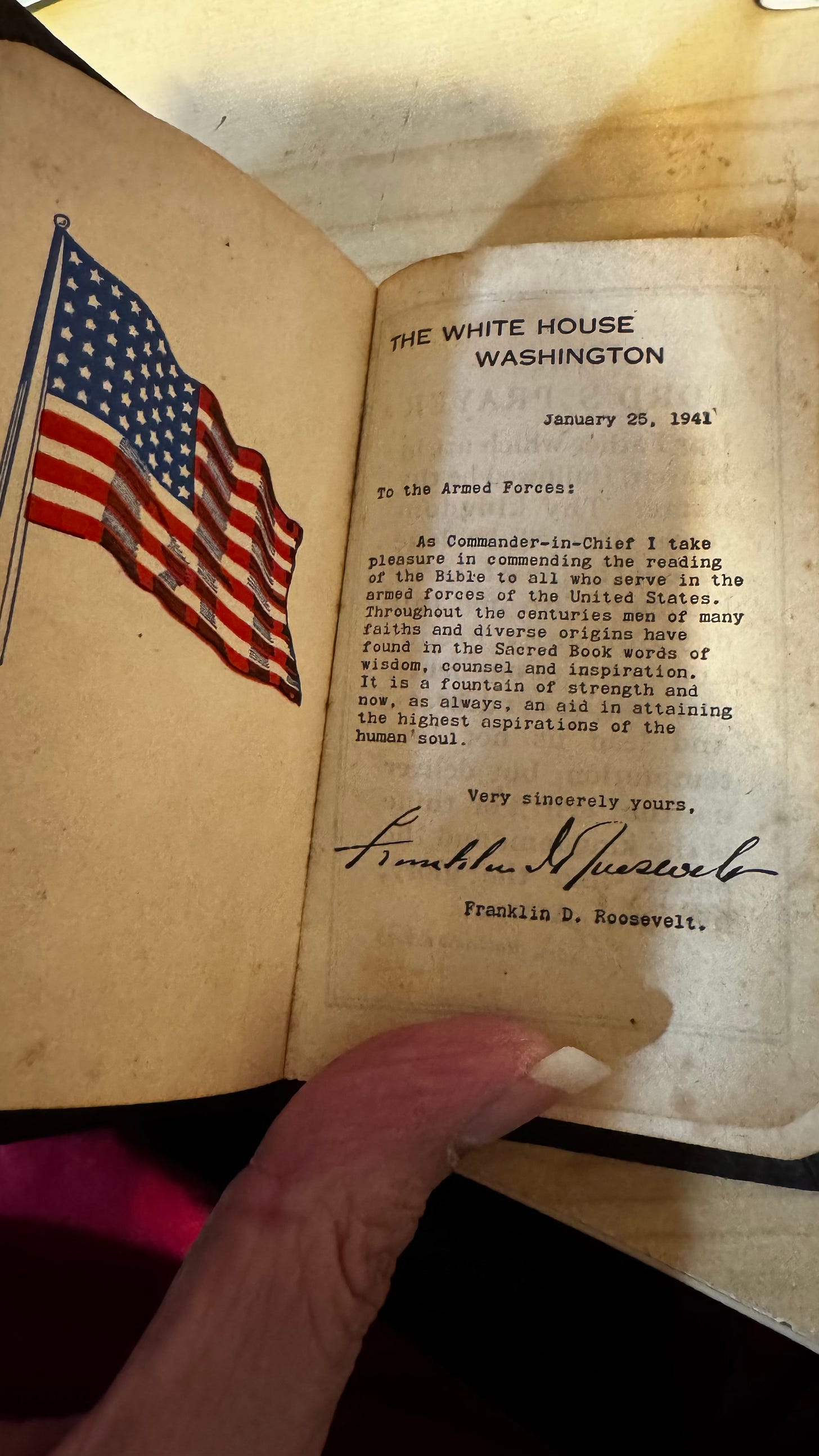Where the Writing Is
inspiration and disappointment are inseparable

Nerd Alert! Incoming graphic!
In the weeks since I left for Japan and subsequently returned home, there has been a spate of agent rejections. About five, in total. Not a large number in the scale of things.
The graph above covers the agents I have queried since 2023. My gut tells me that I queried perhaps 30 of the total 168 (so far—I ain’t stopping) in 2023, a much larger number in 2024, and what will likely be an even larger number for 2025.
I query in small batches, a maximum of three agents per week. It’s very disappointing to see how commonplace a complete lack of response is. Those agents do say that they will only respond if interested or if there hasn’t been a response in x number of weeks, it’s an automatic pass, but given the mere iota of energy it requires an agent to send a form rejection, it still stings when an agent you’ve researched and considered as a potential good match simply ghosts you.
The form rejections are another pile of bitterness. Thankfully, I moved beyond the I don’t know how to sell this responses to the it’s not a fit for my list responses, but yes, a single paragraph that says no is never going to be life-affirming.
I know, I know. This is the nature of the business. Agents don’t have time, and agents need to spend most of their time with signed clients in the same way you’d want them to spend that time with you.
But now and again, there’s a rejection letter that, despite the disappointment, still brings you hope.
(I’ve blacked out some particularly personal bits of information.)
I’ve known that my memoir’s structure, a mix of Maggie Smith’s flash chapters from You Could Make This Place Beautiful and the deep research that Jeremy Atherton Lin uses in both of his memoirs, Gay Bar and Deep House, presents a challenge to agents used to linear storytelling and strict first-person narratives.
But here’s what I like about this rejection letter:
The agent read my proposal from start to finish, and that is an enormous gift.
The agent took the time to share what wasn’t working for her. I am not convinced I need to rework the manuscript (yet again) for her (despite wanting to work with her and her agency), but I appreciate what she’s telling me.
She went on to say what she would want from me, and yes, a non-fiction book for children about queer pride and advocacy has been on my list of potential future manuscripts.
And she ends on a positive note: a natural fit for me. My agent research is getting better.
But it’s not all lemons.
Multiple independent publishers are still considering my manuscript.
My latest essay, Medicine, about my misdiagnosis and second-guessed treatment for morbid anxiety, is still in the running for a love story contest. (Everything I write is a love story, and Medicine illuminates how I held on to my relationship with Hiro despite the various pharmaceutical side effects that intensified my insecurity.)
And Stone Canoe, the New York–based literary magazine that accepted the first full section of my memoir’s manuscript earlier this year, has sent proofs for me to review. Publication is slated for September, and the editor has suggested that they might ask me to visit Manhattan for a reading. Fingers are crossed!
And I’m writing a new essay, tentatively about the sensory overload—smells, sights, sounds, tastes, and touches—that is Japan. First drafts are a mystery. I’ll only really be certain what the essay is about until, perhaps, the third or fourth draft.
When I started writing Crying in a Foreign Language in 2020, there was one story I knew I had to include. During my three years, 1988–1991, as an assistant English teacher at prefectural senior high schools in Saitama (and for the three years after that when I worked in Tōkyō), I maintained a professional closet for fear of losing my job.
During the first few months, I got along well with a teacher of the Japanese language at Okegawa Senior High School, Mr. Nishizawa. He was coming up on retirement age and, therefore, was roughly forty years older than I, but he loved that I had already studied Japanese and was fluent enough to carry out thoughtful conversations in that language with him.
Members of the English faculty, Mssrs. Hamatsu, Tsunoda, Fukumoto, Hashimoto, and Tozawa afforded him all the respect his age and experience merited, and often included him when we went to lunch outside the school grounds together.
During one of those lunches, the first time I tried broiled eel, in fact, Mr. Nishizawa asked if I’d want to meet his niece. Closeted me panicked, and although I dithered during lunch, after returning home, I reminded my host mother, a member of the PTA, that I had a (utterly fabricated) girlfriend back home in America. Yes, I was that much of a stereotype.
I hadn’t wanted to directly deny Mr. Nishizawa his request, and thought a roundabout negation, via the PTA, would be smooth. Regardless, I think I hurt his feelings, and I’ve always regretted that.
One day, a few weeks after that, I attended on him in the teachers’ smoking lounge. I would light his cigarette for him, and he would unfurl a newspaper article to teach me new Japanese vocabulary. That day, he had something else to say.
From his pocket, he produced a small New Testament that he said he had received from a GI during the Occupation. He wanted me to have it. I felt horrible and refused the gift multiple times, but he insisted. Once he placed it in my hands, he asked me to read the inscription from President Roosevelt.
I wanted to include that inscription in the manuscript, but the book was not where I thought I had stored it. Over the past five years, I’ve searched the obvious places, but nothing turned up. Until today.
I’ve been cleaning my third–floor workspace, the room where, pre-pandemic and pre-writing life, I worked on both studio photography and framing (our mahjong table had been pressed into service as a mat-cutting station). As I emptied a bag of old photos, postcards, and letters, I found the book.
The inscription I read to Mr. Nishizawa can finally find its way into my manuscript.








"a new essay, tentatively about the sensory overload—smells, sights, sounds, tastes, and touches—that is Japan." Yes, this. It can be a lot.
Also, I'm so curious - after you read the passage to Nishizawa-sensei, what was his reaction?
(In my head, I am imagining him reclining back, ankle on knee, cigarette in hand with smoke wafting up, head slightly tilted back, eyes closed: taking in the words of FDR as read by someone with a pleasant baritone...)
I’m really frustrated as well. I stopped work on my Japan manuscript. I feel exactly the same as you about the non-responses from agents. It really really hurts.